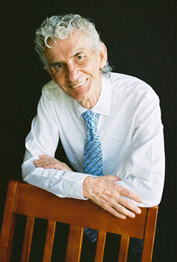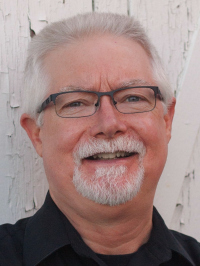How do you know what to write?
“I have so many ideas for articles and books that I don’t know what to write.” That’s one of two comments I hear from writers. “I want to write, but I don’t know what I want to write,” is the other. Although they come at this from opposite perspectives both have the same problem.
They don’t know where to focus their energies.
I was the former and it took me about two years of writing to know where I wanted to center my attention. I tried any number of things from fiction to nonfiction, children’s stories, Bible studies, devotionals, Christian living, and health-and-fitness pieces.
I wrote articles and short stories. Most of them found publishers, but that wasn’t the deciding factor for me. As I threw my effort into the pieces I tried to stay aware of my attitude. Creating the articles gave me a lift and a few of them made me ask myself, Why am I doing this?
As I continued to experiment, I figured out what I didn’t like—particularly Bible studies and children’s stories, even though I sold them.
One day I realized I’m not a cool, objective author—C.S. Lewis is my best example. Excellent material, but he isn’t self-revealing. One editor told me, “You write with heart.” That sentence enabled me to label myself as a warm, subjective.
I could turn out objective pieces and even produced The Dictionary of Bible Literacy for Thomas Nelson, which contained more than 150,000 words. Good experience for my head, but it did nothing for my heart. That was an important insight because it brought me close to focusing.
After publishing more than 100 articles, I transitioned into books. Then an editor said, “You know how to get inside people’s heads.” (I wasn’t aware of that ability.) He asked me to become a ghostwriter for his publishing house, and they published 35 of my books..
Ghostwriting became my primary focus (and provided a good income), and yet it hadn’t been anything I’d considered. But once I started, I knew that’s where I belonged.
One reason I recommend writers conferences is to help conferees become aware of the variety of opportunities in publishing. “Try classes you might not have thought about,” I advise. “Talk to authors who successfully publish in areas where you haven’t read widely.”
In short, be open to the Holy Spirit. Who knows what insight you might receive?


 Follow
Follow





